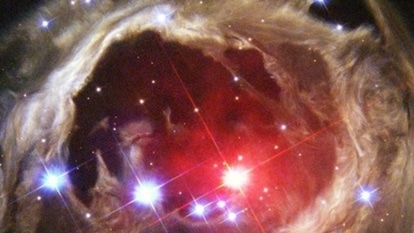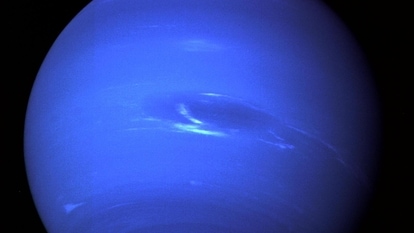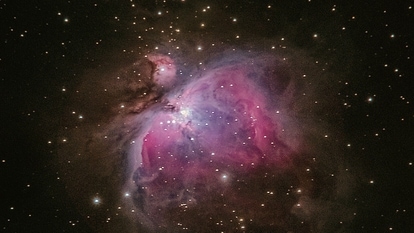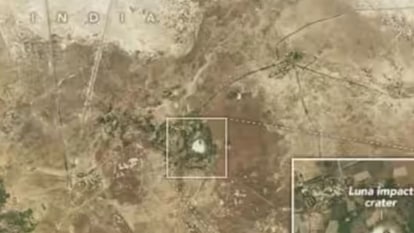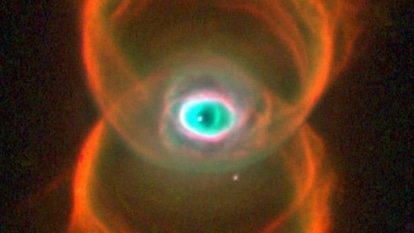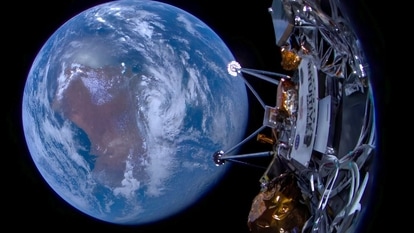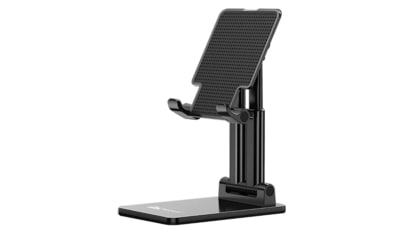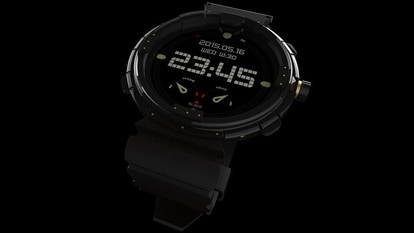Origin of Life on Earth came from an Asteroid? Asteroid Ryugu reveals the TRUTH
After studying the samples of the asteroid Ryugu, scientists now believe that the origin of life on Earth may have been brought by an asteroid
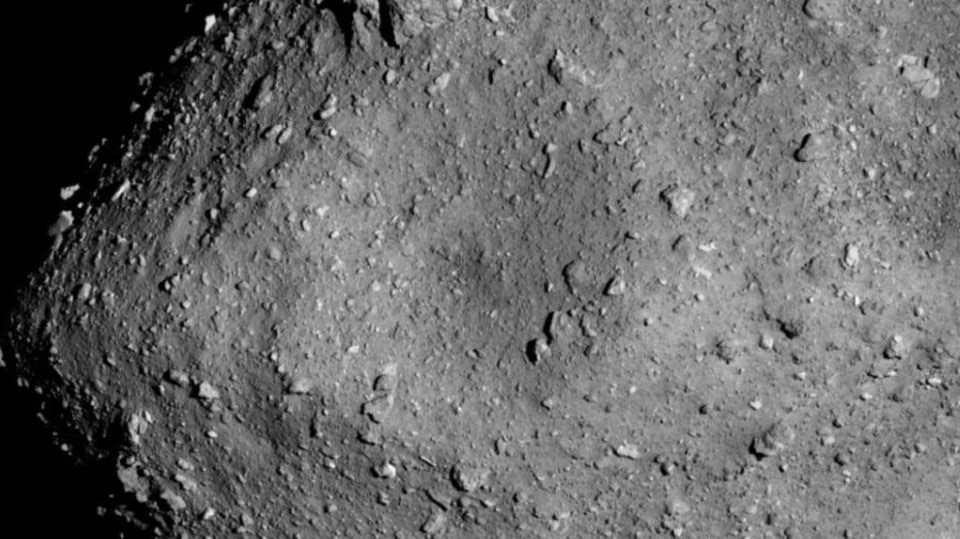
The origin of life on Earth has been one of the most mysterious questions that has puzzled humanity. There have been multiple theories around it. Theories ranging from volcanic eruptions giving rise to spontaneous rise of life to biochemical evolutions taking millions of years to form the complex organic structure that forms the basis of life have been strong contenders. But it appears that all of these may have been wrong. At least that is what scientists studying the samples from asteroid Ryugu suggest. The samples reveal traces of amino acids, which are the building blocks of life. It might be the case that life emerged on Earth as a result of an asteroid strike billions of years ago.
In December 2014, Japan launched its second asteroid sampling mission Hayabusa2 which met with asteroid Ryugu in 2018. The spacecraft took two samples – one from the surface of the asteroid and the other from underneath the surface by creating a small crater. Hayabusa2 returned to Earth in December 2020, following which the scientists have been researching the samples. The scientists shared their findings of a lengthy chemical analysis at the Lunar and Planetary Science Conference 2022, which is taking place virtually in Texas this week.
What have scientists found in asteroid Ryugu
The total amount of sample collected by Hayabusa2 was 5.4 grams. After a detailed investigation on the chemical profile of the sample, scientists believe that they may have found a window to not only the origin of life on Earth but also to the solar system itself. “The Ryugu material is the most primitive material in the solar system we have ever studied,” said Hisayoshi Yurimoto, a geoscience professor at Hokkaido University of Japan and the leader of the chemical analysis team of Hayabusa 2 as reported by Space.com.
According to Yurimoto, the asteroid Ryugu is a CI chondrite asteroid which is a type of stony carbon-rich asteroid. Its chemical composition is very similar to that of the sun, highlighting how primitive the content of the asteroid can be. These asteroids are also rich in water and organic material, and are a possible source of the origin of life. An asteroid strike could have delivered these organic materials to Earth billions of years ago.
How is the asteroid related to origin of life on Earth
The test results have shown that the sample of asteroid Ryugu are somewhat different from a traditional Cl chondrite asteroid. Ruygu particles contained more carbon, hydrogen and nitrogen than the other observable carbonaceous chondrite asteroids. More than ten types of amino acids were also found in the samples, including glycine and L-alanine. These are the building blocks of proteins that all living creatures have in their DNA.
"These prebiotic organic molecules can spread throughout the solar system, potentially as interplanetary dust from the Ruygu surface by impact or other causes,” said Hiroshi Naraoka of Kyushu University, Japan, who also looked into the Ryugu samples.
Catch all the Latest Tech News, Mobile News, Laptop News, Gaming news, Wearables News , How To News, also keep up with us on Whatsapp channel,Twitter, Facebook, Google News, and Instagram. For our latest videos, subscribe to our YouTube channel.



